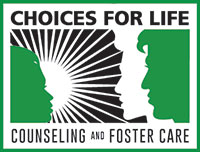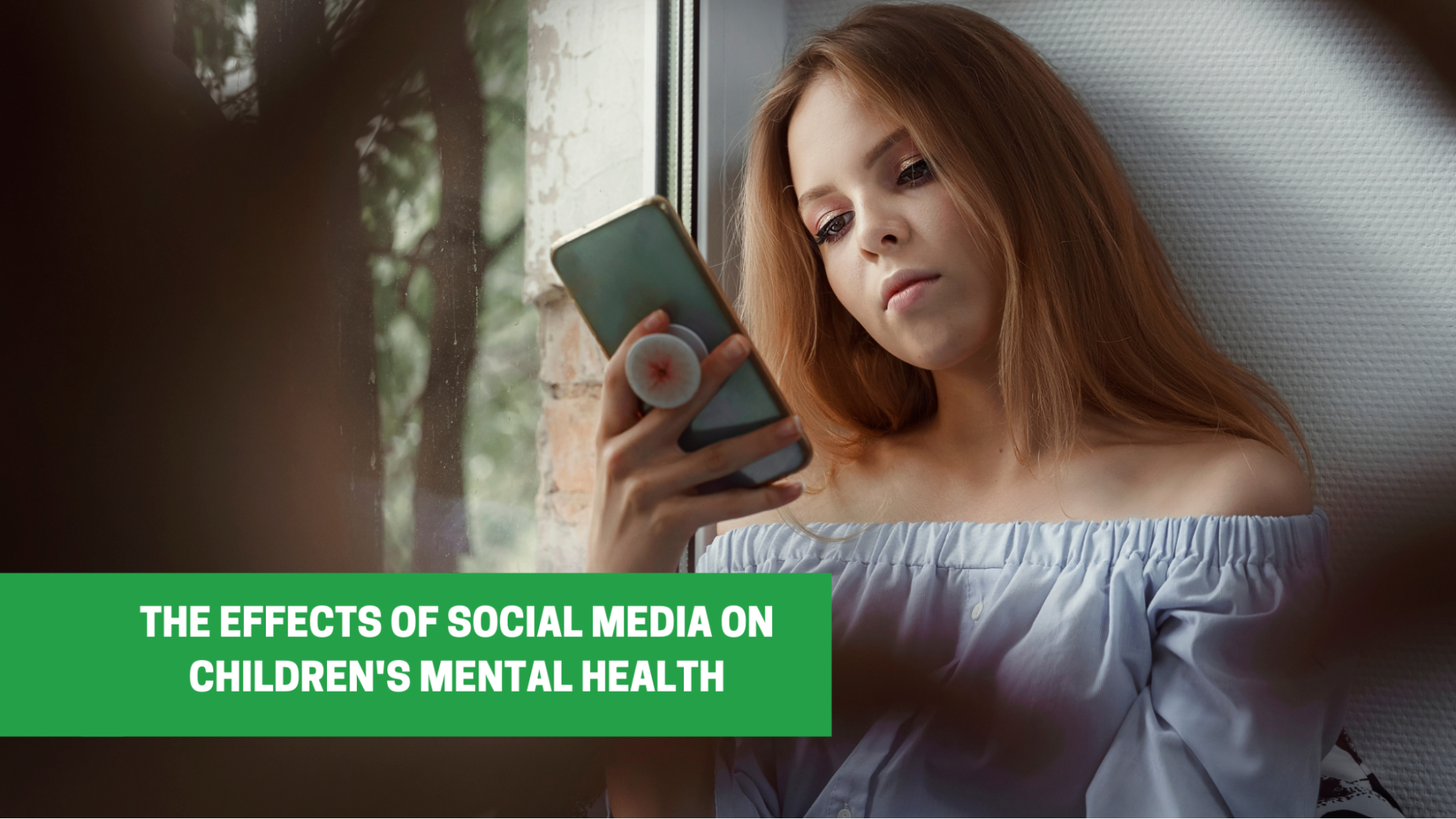In today’s interconnected world, children are growing up surrounded by social media platforms. While these platforms offer opportunities for communication, learning, and entertainment, there are concerns about the impact they can have on children’s mental health. In this blog post, we discuss the effects of social media on children’s mental well-being and discuss strategies for parents and caregivers to help children navigate the digital landscape in a healthy and positive way.
Cyberbullying and Online Harassment
One of the most concerning effects of social media on children’s mental health is the risk of cyberbullying and online harassment. The anonymity and distance provided by digital platforms can embolden individuals to engage in harmful behavior, leading to emotional distress, anxiety, and even depression in children.
Negative Body Image and Self-Esteem
Social media is saturated with images and messages promoting idealized beauty standards. Children may compare themselves to these unrealistic representations, leading to body dissatisfaction, low self-esteem, and even the development of eating disorders.
Sleep Disruption
The use of social media, particularly before bedtime, can disrupt children’s sleep patterns. Excessive screen time, exposure to stimulating content, and the pressure to stay connected can interfere with quality sleep, affecting children’s mood, cognitive function, and overall mental well-being.
Fear of Missing Out (FOMO)
The constant exposure to others’ lives and experiences on social media can trigger a fear of missing out in children. Seeing their peers engage in exciting activities without them can lead to feelings of loneliness, inadequacy, and anxiety.
Reduced Face-to-Face Social Interaction
Excessive reliance on social media can result in decreased face-to-face social interactions for children. Lack of meaningful real-life connections may contribute to feelings of isolation, difficulty in building social skills, and a higher risk of developing mental health issues.
Strategies for Nurturing Children’s Healthy Digital Habit
Open Communication and Education
Engage in open conversations with children about social media, its potential impact, and responsible digital citizenship. Educate them about online safety, privacy settings, and the importance of respectful online behavior.
Setting Limits and Supervision
Establish clear guidelines for screen time and social media use. Monitor their online activities and ensure they are accessing age-appropriate and positive content. Encourage tech-free zones and quality family time.
Encouraging Offline Activities
Promote a balance between online and offline activities. Encourage children to participate in hobbies, sports, creative pursuits, and face-to-face interactions, fostering their holistic development and well-being.
Cultivating Critical Thinking
Teach children to think critically about the content they consume on social media. Help them understand the difference between reality and curated representations. Encourage them to question and evaluate the messages they encounter online.
Role Modeling Healthy Digital Behaviors
As adults and as foster parents, we play a crucial role in modeling healthy digital habits. Set an example by consciously managing your own social media use, demonstrating mindful engagement, and prioritizing face-to-face interactions.
Social media has the potential to impact children’s mental health in various ways. By understanding these effects and implementing strategies to promote healthy digital habits, parents and caregivers can help children navigate the online world safely and responsibly, as well as nurture their mental well-being and equip them with the skills to thrive in the digital age. Together, we can ensure that children’s social media experiences contribute positively to their overall mental health and development.
If you are concerned about the effects of social media or any other challenges impacting the mental well-being of your family, know that you don’t have to face these issues alone. Choices For Life is here to offer professional counseling services tailored to the unique needs of teens, children, and families. Our compassionate counselors specialize in working with young individuals, providing a safe and supportive environment for healing, growth, and positive change. Whether you are seeking support for managing the impact of social media or navigating other mental health concerns, Choices For Life is dedicated to walking alongside you and your family on the path to well-being. Reach out to Choices For Life today and take the first step towards fostering a healthier and happier future for your loved ones.
Related Articles:
Navigating Mental Health in the Workplace
How Trauma Changes the Brain and Body
Mental Health Tips for Teenagers


